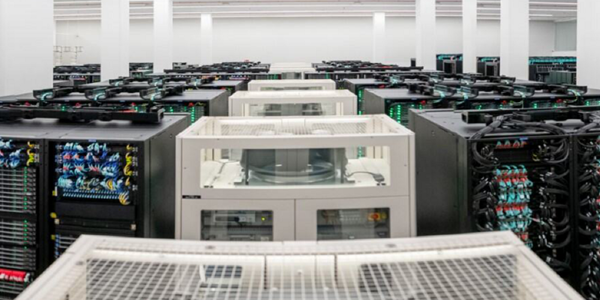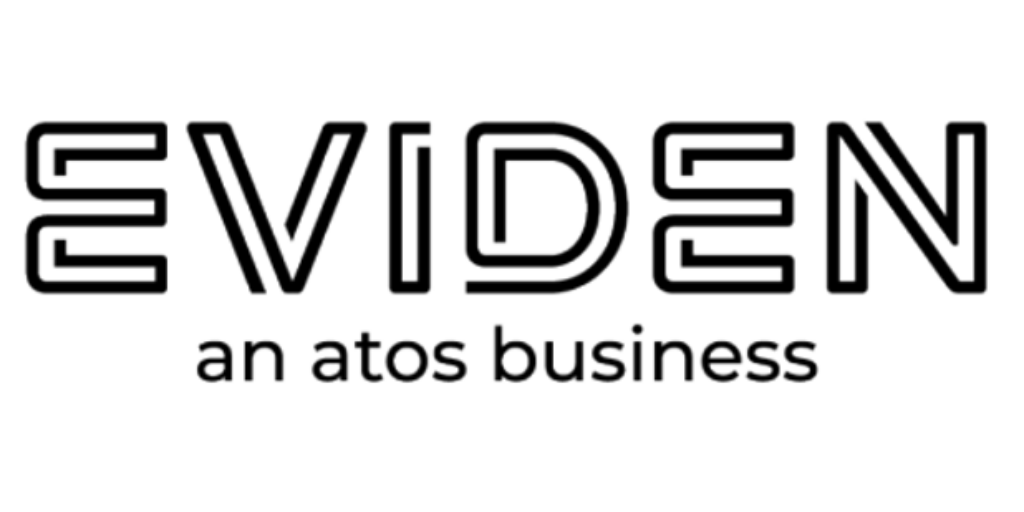With a longstanding TOP500 supercomputing heritage, a leadership position in European HPC, a commitment to build Europe’s first exascale-class system and with major techno- and geopolitical stakes on the line, the financial difficulties of Atos and, by extension, its Eviden HPC business unit, are a major development in the leadership supercomputing sector.
Only last October, Eviden announced it had won a major contract to build Europe’s first exascale-class supercomputer. But over the past year, Atos has struggled to deal with mounting debt and failed attempts at an acquisition.
In June 2022, Atos announced it would split into two, approximately equal entities by the end of 2023, with the €5 billion euro Eviden unit carrying on Atos’ HPC and supercomputing business. But by last summer, Atos was reporting larger-than-expected losses that it attributed to restructuring costs. Atos shares, which reached a 10-year high of just over €100 euros in 2017, is today at €2.08.
Most recently, reports emerged that talks had collapsed with Daniel Křetínský of EP Equity Investment for the acquisition of Atos’ Tech Foundations legacy managed infrastructure business unit. “We could not reach a mutually satisfactory agreement,” Paul Saleh, Atos group CEO, said last week.
Meanwhile, it was widely reported a year ago that European aerospace company Airbus had stepped away from a plan to acquire a nearly 30 percent stake in Eviden. Airbus CEO Guillaume Faury noted at the time that aerospace is increasingly reliant on HPC, but the acquisition was dropped due to Eviden being a “highly leveraged company.”

Eviden MareNostrum5 supercomputer at the Barcelona Supercomputing Center
The failure of Atos’ talks with EP Equity Investment has left the company’s Tech Foundations-Eviden split up in the air. While Atos, now saddled with more than €4.5 billion in debt, has said it will entertain new acquisition offers, it’s also been reported that Atos and Eviden may be re-united.
Where this leaves Eviden is not clear, but there is speculation that the French government and the European Union may be compelled to intervene financially, given the strategic mission of the EU to build out a European supercomputing capability independent of American and Asian technology companies.
Eviden itself has won major supercomputing deals over the past year. Last June, it announced a $100M deal in India to deliver two HPC systems that will triple the computing capacity of the Indian Institute of Tropical Meteorology (IITM) and the National Center for Medium Range Weather Forecast (NCMRWF).
The systems, based on Eviden’s BullSequana XH2000, will have a combined capacity up to 21.3 petaflops.
In July of last year, Eviden announced partnerships with HPCNow!, a Barcelona-based HPC consulting firm, and with Alice & Bob, a quantum computing company in Paris.
Then last October, a French-German consortium composed of Eviden and ParTec, the German modular supercomputing company, announce a contract with EuroHPC to provide the first exascale supercomputer in Europe, to be operated by the Jülich Supercomputing Centre (Germany) for an overall project cost of €500 million.
In November, with the release of new Top500 list of the world’s most powerful supercomputers, Eviden said it has five new entries for a total of 48 systems on the list, 11 of them in top 100 and two in the top 10, including the EuroHPC MareNostrum5 at number eight housed at the Barcelona Supercomputing Center.





Speak Your Mind